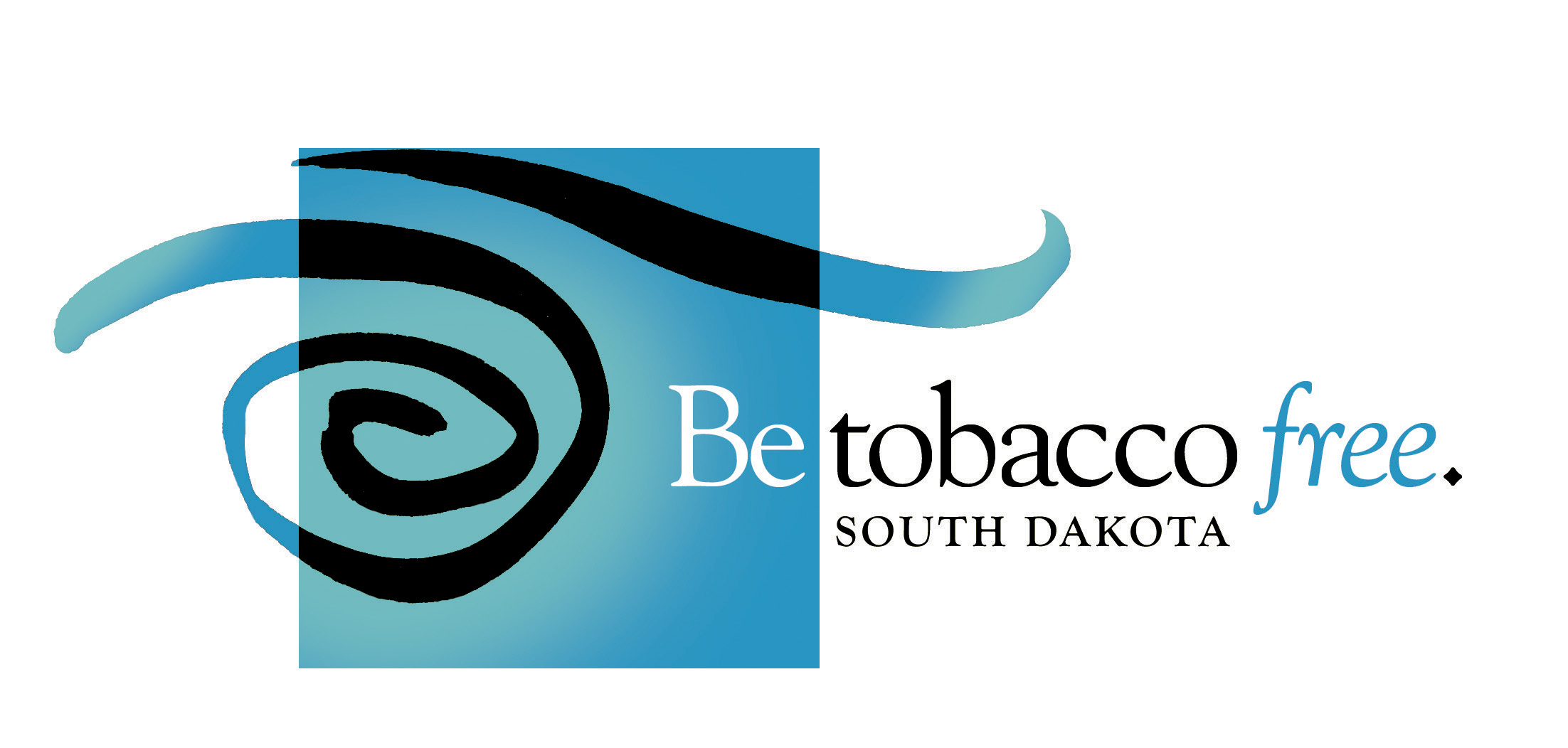The COVID-19 pandemic has further illuminated the importance of sustainability planning. While building sustainability capacity can help programs adapt to external changes, getting program staff and partners to focus collaboratively on sustainability can be more challenging during a global health crisis. The South Dakota Tobacco Control program did not let this discourage them from getting an early start on a sustainability plan for the next grant cycle.
The state tobacco prevention and control program took advantage of an opportunity from the Centers for Disease Control and Prevention Office on Smoking and Health to participate in a Sustainability assessment and planning process in July 2020. After completing the Program Sustainability Assessment Tool, tobacco control partners from across South Dakota met for a virtual sustainability workshop facilitated by the Center for Public Health Systems Science. The South Dakota team proved that they could work together effectively remotely, developing a sustainability plan to build capacity in Communications. According to Tobacco Control Program Coordinator Dee Dee Dugstad,
It is always nice to meet in person, but the makeup of our state is so spread out. Virtual for our state was a really big benefit to people’s travel and time. And we had a little practice, so most of us were confident this was something that would work well. So, I don’t think we missed anything.
Following the workshop, the South Dakota team felt that initially they were not making the intended progress on implementing their sustainability plan. Maintaining focus on sustainability can be a key challenge for programs given conflicting priorities and limited resources. So, the team decided to revise their plan to set more realistic goal dates, while also adding sustainability as an agenda item to their biweekly team planning calls. This has helped ensure that the program discusses sustainability progress on a regular basis and continues to move the work forward.
*When CDC references tobacco, the reference is for commercial tobacco and not the sacred and traditional use of tobacco by some American Indian communities.
